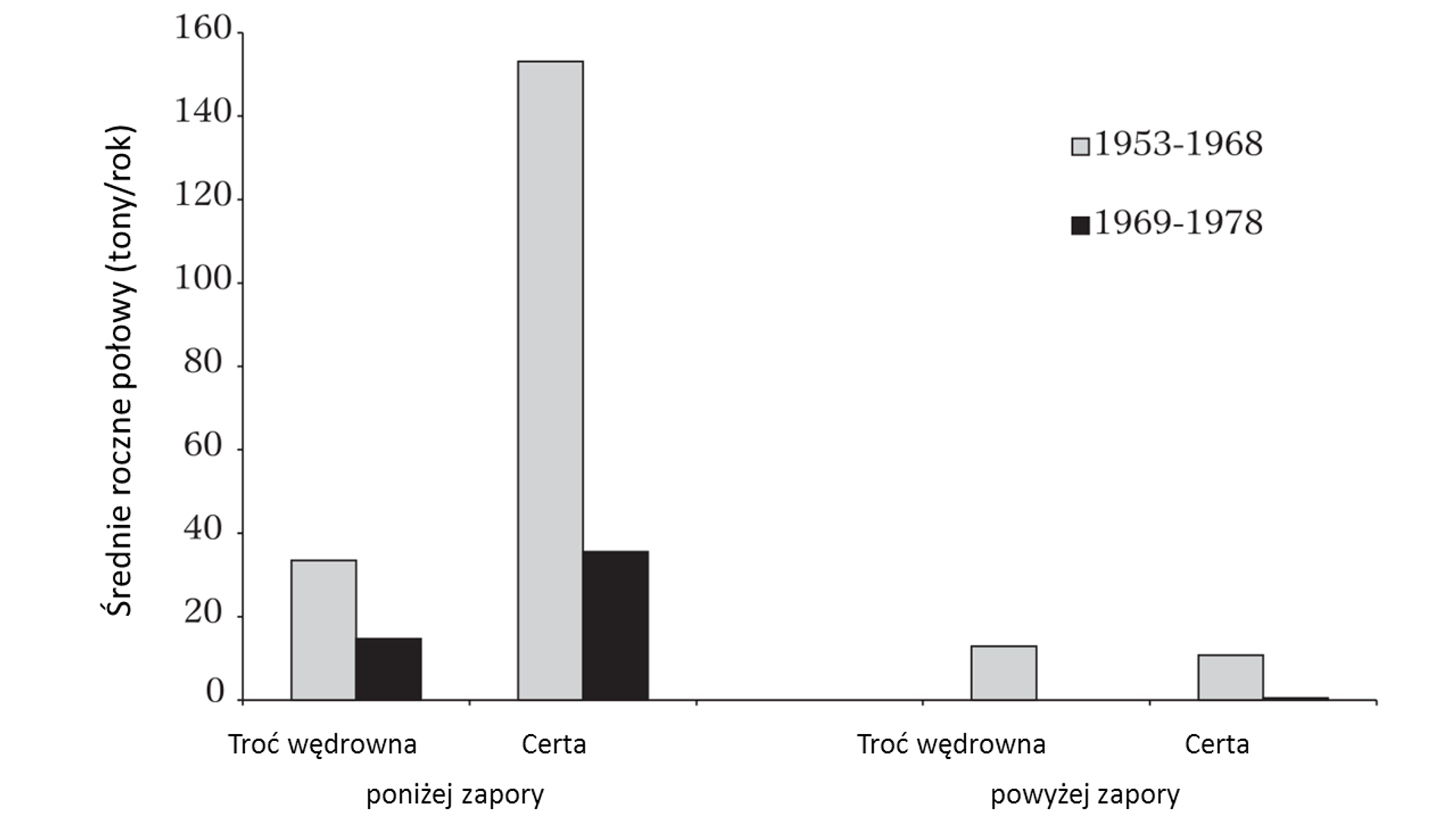Włocławek Hydroelectric Power Plant
6.35

Overview
The Włocławek Hydroelectric Power Plant, built between 1962 and 1970, is the largest run-of-the-river power plant in Poland, located on the Vistula River, where it created the Włocławek Reservoir. Although it was originally intended to be part of a cascade of dams on the lower Vistula, the other dams were never built, leaving this structure isolated. The construction of the dam had tragic consequences for migratory fish populations such as salmon, vimba bream, sea trout, and eel, leading to their extinction in the Vistula River basin. The initial operator was an organization based in Straszyn, and in 1998, the company Elektrownia Wodna we Włocławku was established, which eventually became part of Energa Wytwarzanie SA. Technically, the power plant has six hydroelectric units, a capacity of 160.2 MW, and a discharge capacity of 2190 m³/s. Technical problems related to the erosion of the Vistula Riverbed and the flood risk caused by ice jams, which occurred in the past, were ignored until the 1990s. As a result of the dam's operations, riverbed erosion has lowered groundwater levels, and water releases aimed at facilitating barge navigation negatively affect breeding birds. The power plant has been recognized as one of the most harmful hydrotechnical structures in Poland, blocking fish migration across 57,000 km of rivers. The reconstruction of the fish pass in 2014 did not solve all the problems but improved migration for some fish species. Installed monitoring devices, such as the Riverwatcher counter, allow for real-time tracking of fish passage through the dam. The construction of an additional dam in Siarzewo, intended to alleviate pressure on the Włocławek power plant, has been planned, but environmental concerns and social protests may delay the project. Over the past few decades, despite ongoing efforts, issues related to erosion, fish migration, and ecosystem impact remain unresolved. The planned renovation from 2012 to 2015 and subsequent work on improving the fish pass have not provided long-term solutions.
Location
City
Włocławek
Tertiary Administrative Division
Włocławek
County
Włocławek County
State
Masovian Voivodeship
Country
2026 Wizytor | All Rights Reserved